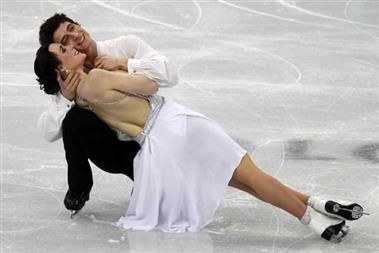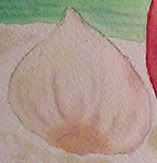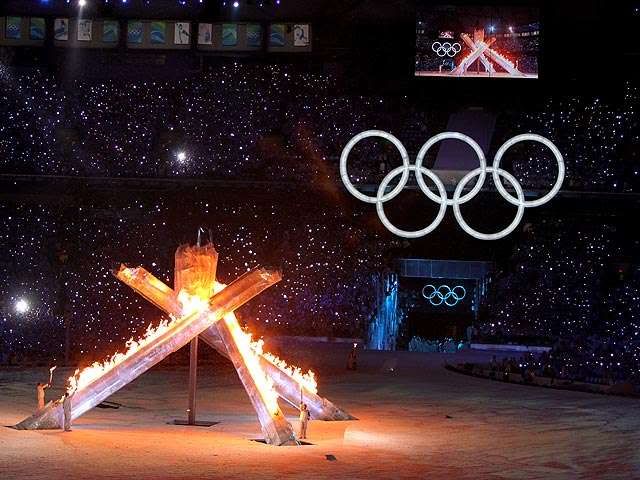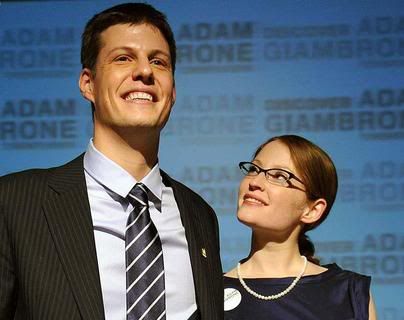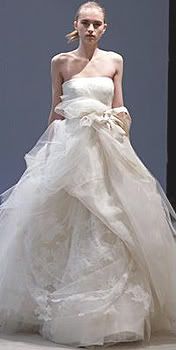Was there unrequited love in her past?This is my favorite book cover of Persuasion. I find the tapestry-like botanical print appealing. It also suggests the adventurous spirit of men in that period, who went across continents to collect and draw such exotic plant species. Persuasion's Captain Wentworth was somewhat of an adventurer, who went across the seas as a naval officer during the Napoleonic wars, to come back to England a wealthy man.British television productions of classic works almost always strike gold. Turning a Dickens or an Austen into a film (or a television production) is risky. The easy part is getting the set and costumes right. But, how about the demeanor of the actors, and even their accents?
PBS's Masterpiece Theater recently
presented a perfect version of Jane Austen's
Persuasion. I think it is the least characteristic of her novels. It is the most romantic, and its general plot seems less sure-handed and confident than her other novels. It also contains some of her more mean-spirited characters.
Emma may be ego-centric and bossy, but she is innocent of malice, and wins the love of Mr. Knightley, who sees the good in her.
Pride and Prejudice may contain some confusing moments of apparent betrayal and sabotage, but they are satisfactory explained.
Persuasion's Anne Elliot refused the hand of Frederick Wentworth, a young naval officer, because of his lack of prestige and sufficient social standing. Seven years later, he returns as a wealthy captain. He is still unmarried, as is she. Her poignant quest to set things right, and his attempt to understand her rejection, takes up most of the novel.
The PBS's version of Anne (played by Sally Hawkins) makes her a little too plain, and Captain Frederick Wentworth a little too dashing. But, other than that, Sally Hawkins does a tremendous job of recreating the self-effacing, humble and very sweet Anne. It is surprising to see someone so good, even in a novel.
The female friend, Lady Russell, who persuaded Anne to break off her alliance with the young and poor Frederick Wentworth, reminds me a little of the mentor that took over young Isabel Archer's life in Henry James's
A Portrait of a Lady. Lady Russell is nowhere near as vicious and conniving as Isabel Archer's friend Madame Merle. But there is still a certain callous disregard for Anne's feelings by Lady Russell, for the sake of maintaining family standing. The lovely Anne understands that she agreed not to marry Wentworth, but she could never quite fully forgive (although she says she does) Lady Russell's for persuading her to do so.
Persuasion was Jane Austen’s last novel. She died after completing it, and it was published posthumously a year later. She was forty-one when she died, having never married. I wonder if
Persuasion, with its thwarted love story that was later revived, was how Austen would have liked her life to become, with a "happily ever after" ending.




